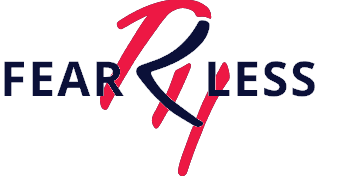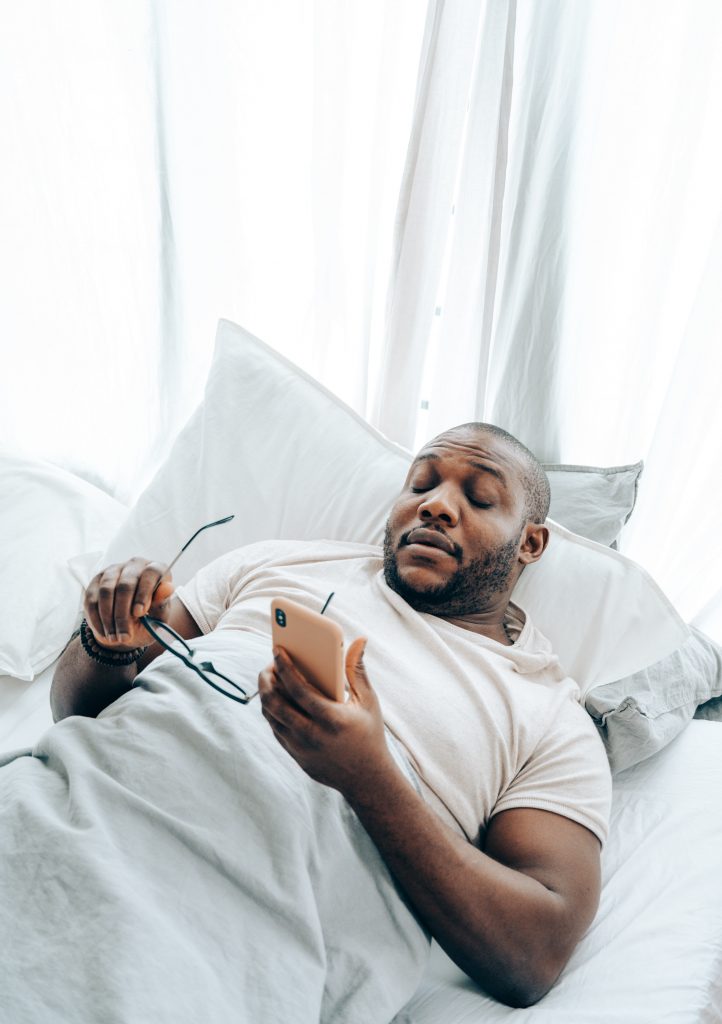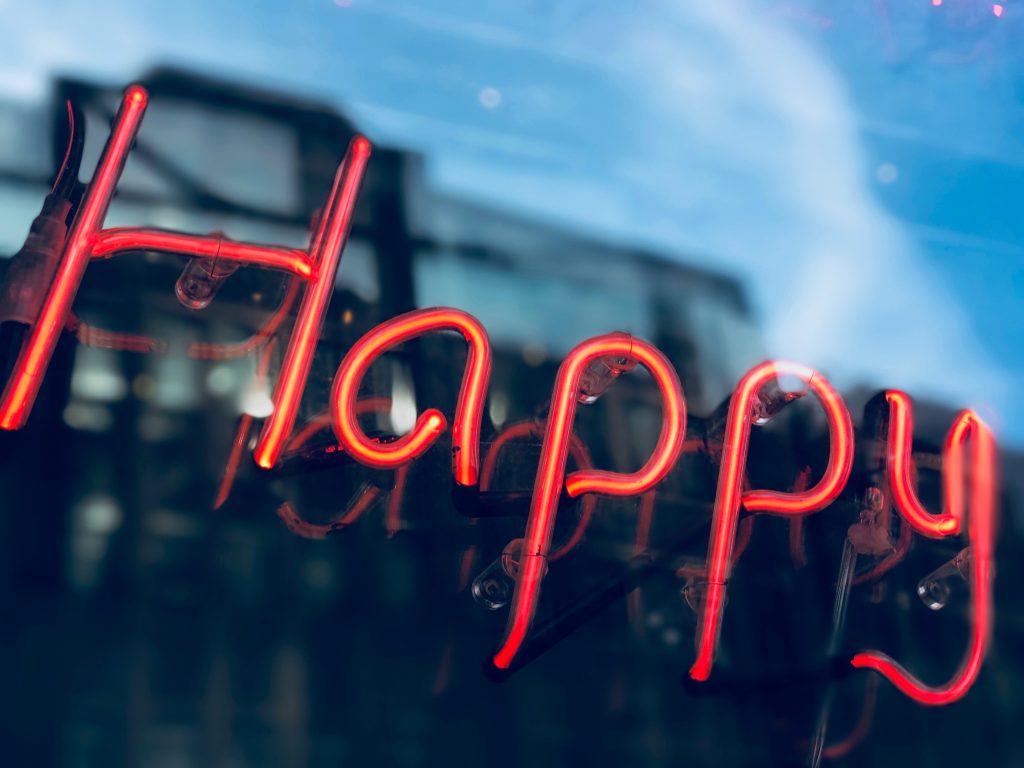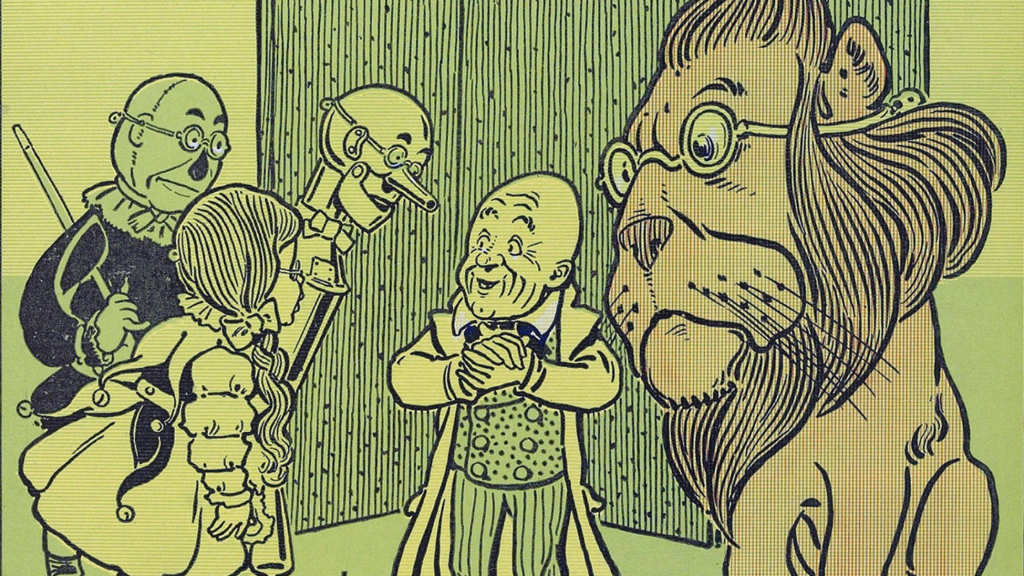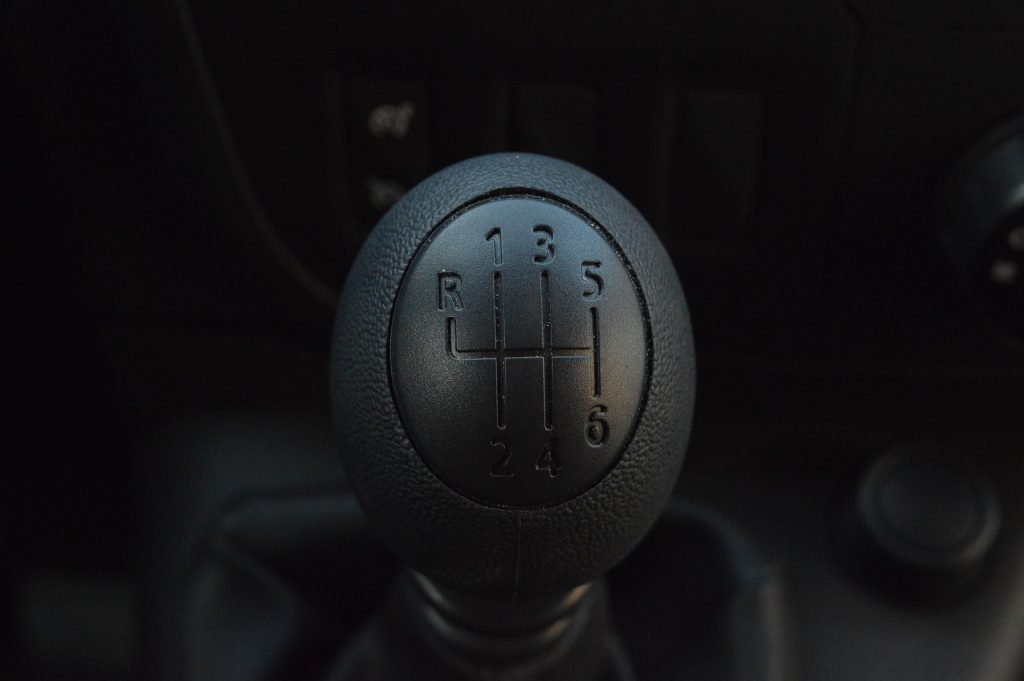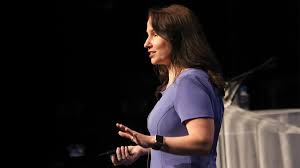I don’t know what I want my life to look like.
I feel like I’m just drifting…like I have no purpose.
If you have ever felt like this or wondered how you lost yourself along the way, I’m going to share with you the five questions you need to ask yourself in order to start regaining clarity and find purpose for your life.
We all feel like we’re in this boat alone. We’ve drifted out, lost sight of the shoreline, and now have no idea who we are, what we should be, and how to get back to feeling like ourselves again.
Let me just start right here by saying you are not alone. If your identity is somewhere between your roles as a mother, wife, partner, sister, child, boss, manager, etc. If it has you playing all kinds of parts, and you’re left unsure of who’s underneath it all, take comfort in knowing a lot of us have been there too. So let’s start getting back to you!
—
Question 1: What would your life be like if no one was watching?
Imagine you’re invisible…you can get away with anything, but you also don’t get credit for anything. No one can admonish you or applaud your efforts. You aren’t accountable to any one person or culture or norm of behavior. What if you let go of who and what you’re supposed to be for anyone else. Who would you be for you?
Question 2: What would your life be like if there were no limitations?
No limitations in money, knowledge, physical abilities…this is a fun question to pose to open up our imaginations again. So often people stop dreaming big, because they begin believing these various stories about how things work in the world. Once you buy into the story that you can’t or you shouldn’t or that thing you want to become is impossible, you close the door on opportunities on all the ways you actually can achieve the life that you desire. What are some of the limitations that you’re allowing to hold you back? What would you do if they didn’t exist?
Question 3: What excites you?
What gives you energy? What could you give a 10 minute non-stop monologue on right now to any audience without preparing? What makes you feel like you want to stay up at night to dream about or to jump out of bed in the morning in order to challenge the day? What lights you up? It might not be a big task or even a huge concept, and that’s okay. Maybe it’s the way making a cup of coffee in the morning makes you feel. Don’t over complicate it! Feel what energizes you in your body.
Question 4: If I could wave a magic wand and instantly your life would look exactly as you want it, what would it include? What would it not?
Paint the picture. Describe in detail what you’re wearing, who you’re with, your morning routine. What your five senses are experiencing – what do you smell, taste, feel? What’s the weather like? What are you doing? How are you spending your week, your day, your month? The fairy godmother question is an effective way to create a clear trajectory. Even if it’s not exactly where you are now, you’ve generated a target for what you believe will make you happy. Write it down so that target doesn’t shift as you move towards it. It’s your fairy godmother world – create it to suit you! Maybe in waving that magical wand, you realize in this perfect world that you created you didn’t invite certain friends or family members – a sign that maybe you need to impose some new boundaries and perhaps even cut some ties. Or, you might recognize how much you’ve really missed reading, and you can make small steps now toward carving out more time to prioritize with your books. Once you have a clear vision, you’ll be amazed at how quickly those small changes begin to put you on the fast track towards your fairy godmother world.
Question 5: How does my body feel?
We give a lot of weight to the decisions we can justify with facts and data. Trust me, I’m a scientist – I spent a lot of time in my own head. But, even us heady science geeks are catching on to the fact that our brains need input from other parts of our body to make good decisions. In fact, because the digestive nervous system relies on the same types of neurons and neurotransmitters that are found in the central nervous system (our brain), a lot of medical experts are calling our gut (as in the literal lining of our stomach and intestines) a second brain. “Trust your gut” may not be such bad advice. When struggling with a decision or a direction, I try to clearly visualize what it feels like to have already made the decision, and I pay close attention to the way my body responds. Did my shoulders just tense up? My jaw tighten? What is my body trying to tell me? Play with visualization in your own way – imagine yourself in various scenarios as vividly as possible, and just pay close attention to the reaction your body has. You might be surprised by what your body already really knows!
I hope these questions help you to find clarity in your life and start you on a path of rediscovering you.
-R
